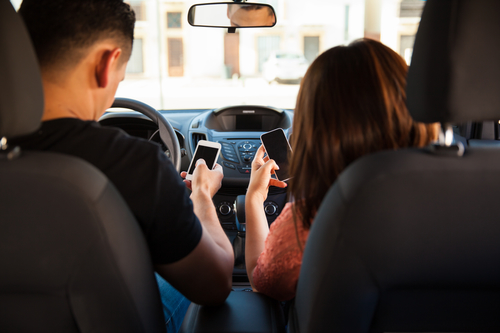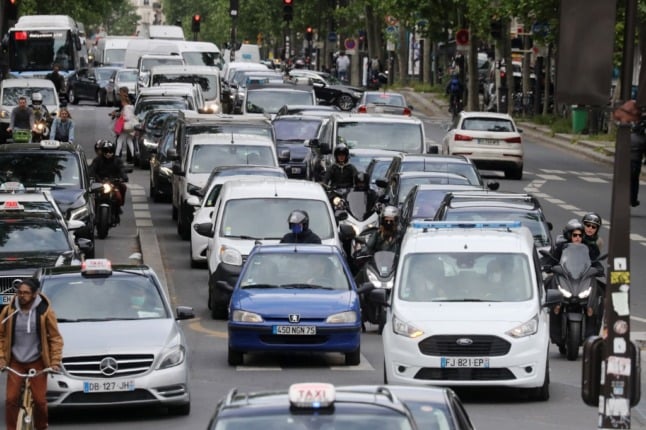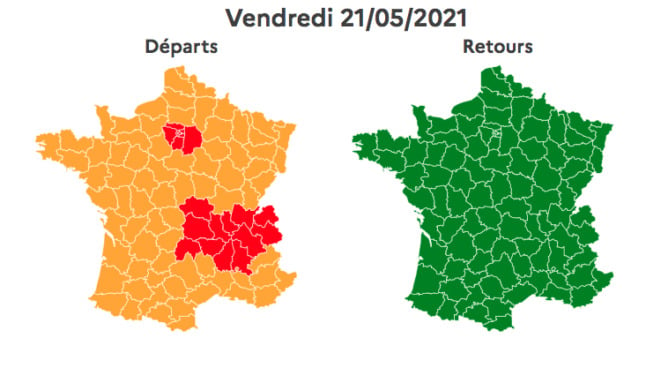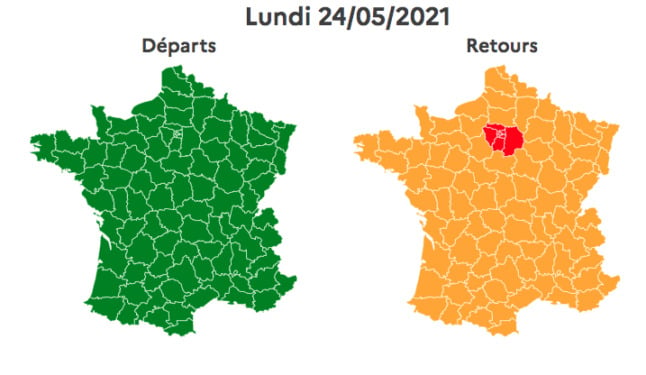More than a third of road deaths in Spain are caused by distractions, higher now than speeding (29 percent) and alcohol (26 percent).
Of these regular distractions that drivers in Spain most easily fall victim to, using a mobile became the number one pitfall in 2016 and has remained that way ever since.
In 2017, around 500 people lost their lives in road accidents in Spain caused by mobile phone usage.
According to the DGT, sending a message while driving increases the risk of being involved in a road accident 23 times (even talking on the phone for 90 seconds reduces a driver’s perception rate by 40 percent as well as their speed by 12 percent).
So in a country where nine out of ten smartphone owners use WhatsApp and other messaging services – more so than any other European nation – Spanish people’s compulsion for digital socializing is cause for concern for national road authorities.
In fact, traffic fatalities rose to 259 people this past summer, the highest death rate during the July-August period since 2012.
Pere Navarro, head of Spain's Traffic agency (DGT) partly blamed driver distractions for the rise, claiming that more and more accidents were being caused by drivers looking at their mobile phones and using WhatsApp.
Even DGT opponent Pedro Javaloyes, who campaigns for Spain’s speed limit to increase from 120 to 140 km/h, agrees texting at the wheel is dangerous.
“People in Spain are getting killed because of WhatsApp, not because they’re over the speed limit,” Javaloyes told Spanish daily ABC.
“I wouldn’t even blame mobile phone usage as you can still keep an eye on the road when you have your phone in your hand, but you can’t pay attention while you’re texting.”
So how is Spain clamping down on mobile phone infractions at the wheel?
First of all, using a mobile phone without a hands-free device is already illegal in Spain, but catching offenders isn’t as easy as with speed traps and fines have previously been fairly lenient.
Here's how the situation vis-a-vis mobile phone usage at the wheel is about to change.
A new fleet of covert traffic cop trucks
As odd as it may sound, Spain’s DGT recently rolled out a number of undercover trucks that film drivers who are using their mobiles while driving.
This measure gets round the problem of tinted windscreens or drivers hiding their phones on their laps, as the non-descript camera lorries catch all the action from above without the offenders even noticing.
UK traffic police have found success since bringing out the same measure, catching 4,000 distracted drivers in the past two years. So far the DGT has only implemented its 'truck traps' in the northwestern regions of Galicia and Castilla y León, but the network is likely to grow.

More points deducted, just as bad as drink driving
The DGT is currently pushing for the Spanish government to approve a measure which would see four to six points deducted from drivers’ licenses when caught using their phones while driving, the same penalties for drink driving.
Drivers currently lose three points and have to cough up a €200 fine if caught, the same penalty as driving at 40km/h in a 30 zone or not using a seatbelt or helmet.
As the DGT point system scheme hasn’t been updated in twelve years, Spain’s Parliament is very likely to soon approve road changes that take into account society’s current addiction to the smartphone and the risks it brings to drivers.
Let's face it, in 2006 WhatsApp didn’t even exist!

Get drivers who caused accidents while using their phones to pay up
Spain’s traffic authority are open to the idea of also changing the law to get these type of offenders to pay the damage done out of their own pocket, rather than through an insurance policy.
In other words, insurance companies would no longer be liable to pay up if their clients were reckless by using their phones while driving.
The DGT made the proposal last August after traffic consulting firm Pons Road Safety found that road deaths caused by mobile phones could be reduced by 150 to 200 a year by making drivers aware of their new financial liability in such cases.
Spanish cops want access to your phone if you've been involved in a road accident
One of the heads of Road Safety in Spain, Bartolomé Vargas, reached out to police stations around the country last July suggesting that traffic cops check the mobile phones of drivers who have been involved in road accidents.
By these means, Spanish police would be able to ascertain if the driver could have been using their phone at the time of the accident and consequently if it played a part in the incident.

Spain’s new road safety ads are brutal
If you’re familiar with Spanish television, you’ll know that the country’s DGT (Directorate General of Traffic) pulls no punches when it comes to its traffic accident ads.
For the past decade, the beautifully-shot commercials have had increasingly tragic, blood-splattered plots with the goal of dissuading drivers from drink-driving, speeding or not paying attention.
Spain’s traffic authority paints the most chilling and explicit of scenarios in its latest road safety ad campaign.
“In a car crash, who would you rather be? The one who lives or the one who dies?”, the narrator asks.
The two scenarios are then played out in the most heart wrenching of ways.
If you die: “your parents will never get over it”, “you’ll never know what it feels like to be a father”, “there’s nothing after death” and “your partner will meet someone else”.
If you live: “a police officer is waiting at your bedside”, “you’ve killed your best friend and a seven-year-old boy”, “you’ll get addicted to painkillers”, “you’ll go to prison”.
All in all, very grisly and hardcore watching, but you’ll remember it.
That’s exactly what the DGT intended – “to shake up Spanish society” as Spanish Interior Minister Fernando Grande Marlaska put it – anything to make them realise how avoidable these tragedies are.
READ ALSO: Driving in Spain – Everything you need to know






 Please whitelist us to continue reading.
Please whitelist us to continue reading.